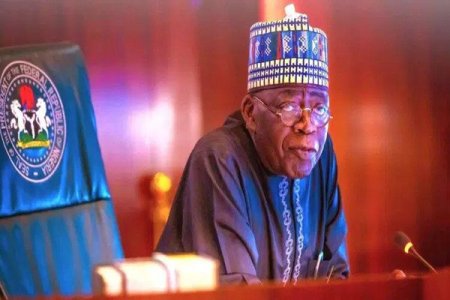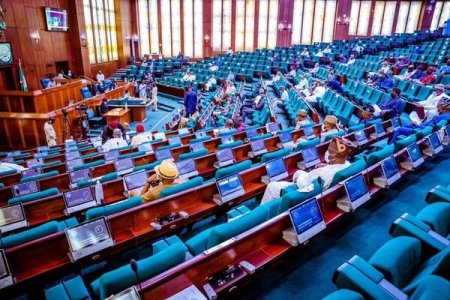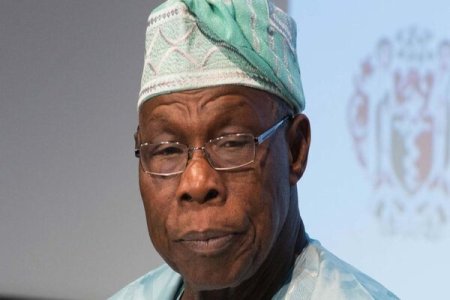
President Bola Tinubu has requested National Assembly approval for a N1.77 trillion external loan to help finance Nigeria's 2024 budget deficit. The proposal, along with other economic measures, highlights growing concerns over the nation's increasing foreign debt and fiscal sustainability as borrowing costs rise.
President Bola Tinubu has submitted a formal request to the National Assembly for approval of a N1.77 trillion external loan, aimed at partially covering Nigeria's N9.7 trillion budget deficit for 2024. The request, delivered to lawmakers during Tuesday’s plenary session, is a key component of the government's strategy to address fiscal imbalances.
In addition to the borrowing request, President Tinubu has also presented the 2025-2027 Medium-Term Expenditure Framework (MTEF) and a proposal to amend the National Social Investment Programme (NSIP). These amendments are intended to make the social register the primary tool for managing government welfare initiatives.
This latest loan proposal comes at a time when Nigeria's foreign debt obligations are rising sharply. According to the Central Bank of Nigeria (CBN), the government has spent $3.58 billion on servicing foreign debt in the first three quarters of 2024. This marks a 39.77% increase from the $2.56 billion spent during the same period in 2023. While monthly debt servicing costs fluctuated, May 2024 saw the highest payment at $854.37 million, highlighting the growing strain on the country’s finances.
The President’s borrowing request is raising concerns about the nation’s overall debt burden, especially as Nigeria continues to rely heavily on external loans. Economists have warned that the increasing debt load may put additional pressure on the country’s fiscal health, especially with rising global interest rates and a weakening naira.
Meanwhile, the fiscal challenges are not limited to the federal government. Data from BudgIT reveals that the total debt of Nigeria’s 36 states has also risen to N11.47 trillion by mid-2024, further complicating the national economic situation. Despite the growth in state revenues, many states remain heavily dependent on federal allocations, raising concerns about their fiscal sustainability in the long term.
As Nigeria faces mounting debt obligations, both at the federal and state levels, questions about the sustainability of the country’s borrowing practices continue to dominate discussions. The government’s ability to balance borrowing for development with the need to manage increasing debt repayments will be crucial in navigating the nation’s economic future.






